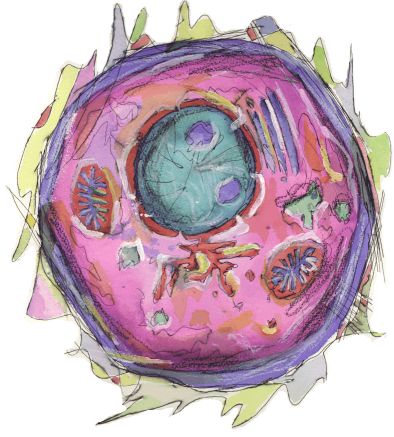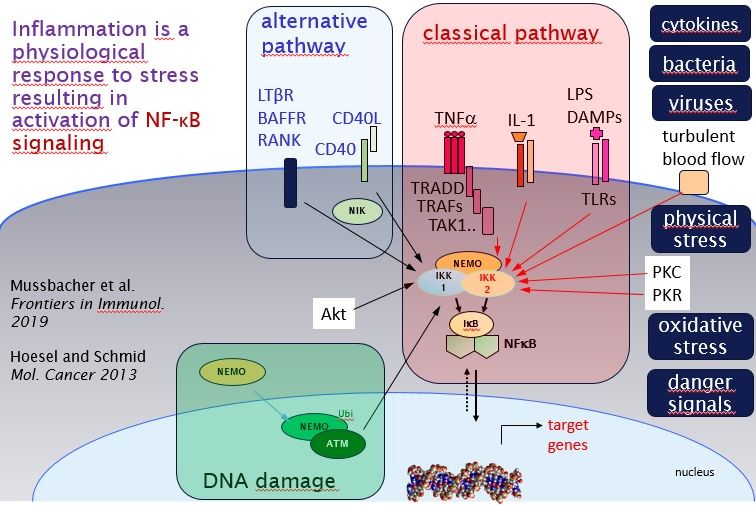
- J. Schmid has been the coordinator of the
Special research program: Cellular mediators linking inflammation and thrombosis
(SFB-F54; funded by the FWF; 2014 - 2022) - Precision histology via artificial intelligence (FFG-BRIDGE project)
- Epidemiology of inflammation and cardiovascular diseases (FWF: Top Citizen Science project TCS-46)
- Dynamics of molecular interactions in live cells (FWF-project 2015 - 2019)
- Cooperativity of Transcription Factors in Inflammation and Cancer (FWF-project 2011 - 2015)
Notes for potential reviewers of grant applications:
The funding situation in Austria is quite tight; the budget of the Austrian Science Fund (FWF), the major funding source for basic research, is only 23.8 € per resident, whereas this number is about twice as high in UK and Germany, and nearly four times as high in Switzerland. Due to this financial situation, a proposed project has a significant chance for funding just in case of a high ranking. So even if the proposal gets a very good review it might not be funded if it is not ranked as excellent. If a reviewer thinks that one of our proposed projects should be carried out, it will be necessary to rate it accordingly. This statement does not intend to put any pressure on the reviewers and we are certainly willing to accept any constructive feedback.
Research Interests

Current research interests focus on inflammation, thrombosis and cancer. Signal transduction pathways of inflammation are studied with special focus on the NF-kappa B signaling, as well as interconnections with other signaling processes in vascular biology and cancer.
Signal transduction networks are studied with a variety of experimental systems, such as cell culture of primary and transformed cells or transgene mouse models using organ-specific, inducible Cre recombinase approaches. Transfection and viral transduction strategies are applied to achieve either ectopic expression or gene suppression of effector molecules followed by analyzing a variety of biological readouts such as cell proliferation, apoptosis or activation of cells.
Moreover, we investigate the dynamics of signaling molecules (for instance nucleocytoplasmic shuttling) in living cells using fluorescent protein chimeras and various high-end laser scanning microscopy techniques (such as fluorescence loss in photobleaching, FLIP, or fluorescence recovery after photobleaching, FRAP).
Interactions between proteins are studied by fluorescence resonance energy transfer (FRET) microscopy and verified with classical biochemical methods such as co-immunoprecipitation.
Spectral imaging is used to differentiate between overlapping fluorophores.
Besides these analyses of experimental models, we also investigate patient tissue samples using tissue arrays and novel methods of quantitative tissue cytometry to study correlations between candidate effector molecules in cancer development.
We establish transgenic mouse systems for the study of inflammation and cancer. Pro-malignant factors are combined with molecules of inflammatory reactions in a cooperative manner using organ-specific, inducible Cre recombinase approaches.
